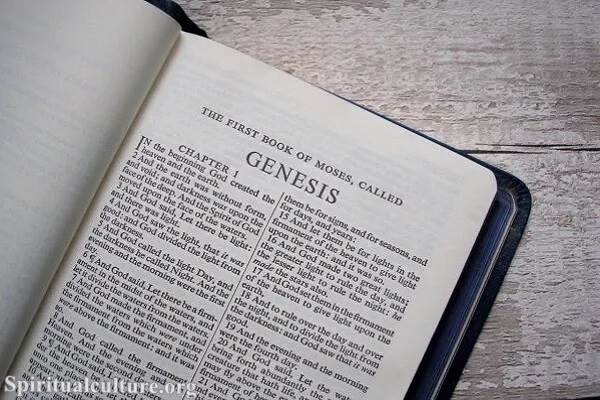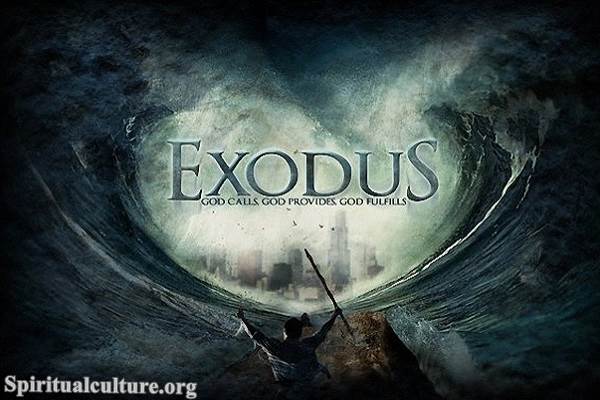The Book of Genesis, the first book of the Hebrew Bible and the Old Testament, is a foundational text that holds significant importance in the Jewish faith. Genesis, or “B’reishit” in Hebrew, literally translates to “in the beginning.” This book is not just a historical or religious manuscript, but a profound narrative that captures the beginnings of the universe, humanity, and the Jewish people. Its influence permeates the teachings and rituals of Judaism, shaping the faith’s understanding of God, human nature, and the world.
Genesis in Judaism
The Jewish faith recognizes the Book of Genesis as the first of the Five Books of Moses, also known as the Torah. It is divided into fifty chapters and comprises several iconic stories, including the creation of the world, Adam and Eve, Noah’s Ark, the Tower of Babel, and the journeys of the patriarchs Abraham, Isaac, and Jacob.

Genesis is read annually in synagogues worldwide, following a specific schedule that divides the Torah into weekly portions. Each week, a different portion (Parashah) is read, beginning from Simchat Torah until the next year’s Simchat Torah. This cycle allows Jews to engage with the essential teachings of Genesis and reflect on its lessons continually.
The Creation Story
The Book of Genesis starts with the powerful narrative of God creating the universe in six days and resting on the seventh, thereby establishing the Sabbath’s concept. This story is foundational to Judaism, as it introduces God as the supreme, all-powerful being and the concept of Shabbat, one of the most important Jewish observances.
This creation narrative also establishes the inherent sanctity of all human beings, as it states that humans are created “in the image of God” (Genesis 1:27). This belief influences many aspects of Jewish law and ethics, emphasizing respect for human dignity and life.
Patriarchs and Matriarchs
The Book of Genesis introduces the patriarchs Abraham, Isaac, and Jacob, and the matriarchs Sarah, Rebecca, Rachel, and Leah, who are revered figures in Judaism. Their stories form the narrative backbone of Genesis, and their covenant with God is seen as the foundation of the Jewish people.
Abraham’s journey from Ur to Canaan, his covenant with God, and his willingness to sacrifice his son Isaac at God’s command are pivotal stories in Genesis. They demonstrate the Jewish values of faith, obedience, and monotheism. Similarly, the struggles and triumphs of Isaac, Jacob, and the matriarchs are seen as reflections of the Jewish people’s journey throughout history.
The Joseph Narrative
The Book of Genesis concludes with the story of Joseph, the favorite son of Jacob, who is sold into slavery by his jealous brothers. His rise from a slave to the Pharaoh’s advisor in Egypt prefigures the later story of the Jewish people’s bondage and liberation from Egypt, which is recounted in the Book of Exodus.
The Joseph narrative exemplifies the themes of divine providence, forgiveness, and redemption that resonate deeply within Jewish theology. Joseph’s ability to forgive his brothers and his faith in God’s plan during his tribulations are seen as models of Jewish resilience and faith.
Conclusion
The Book of Genesis is more than a collection of ancient tales. It is a rich tapestry of narratives that encompass the beginnings of the universe, the origins of humanity, and the formative stories of the Jewish patriarchs and matriarchs. In Judaism, Genesis serves as a profound source of spiritual, moral, and philosophical guidance that continues to shape the faith’s beliefs, values, and practices. Its timeless narratives continue to inspire and challenge, inviting each new generation to engage with its wisdom and depth.



